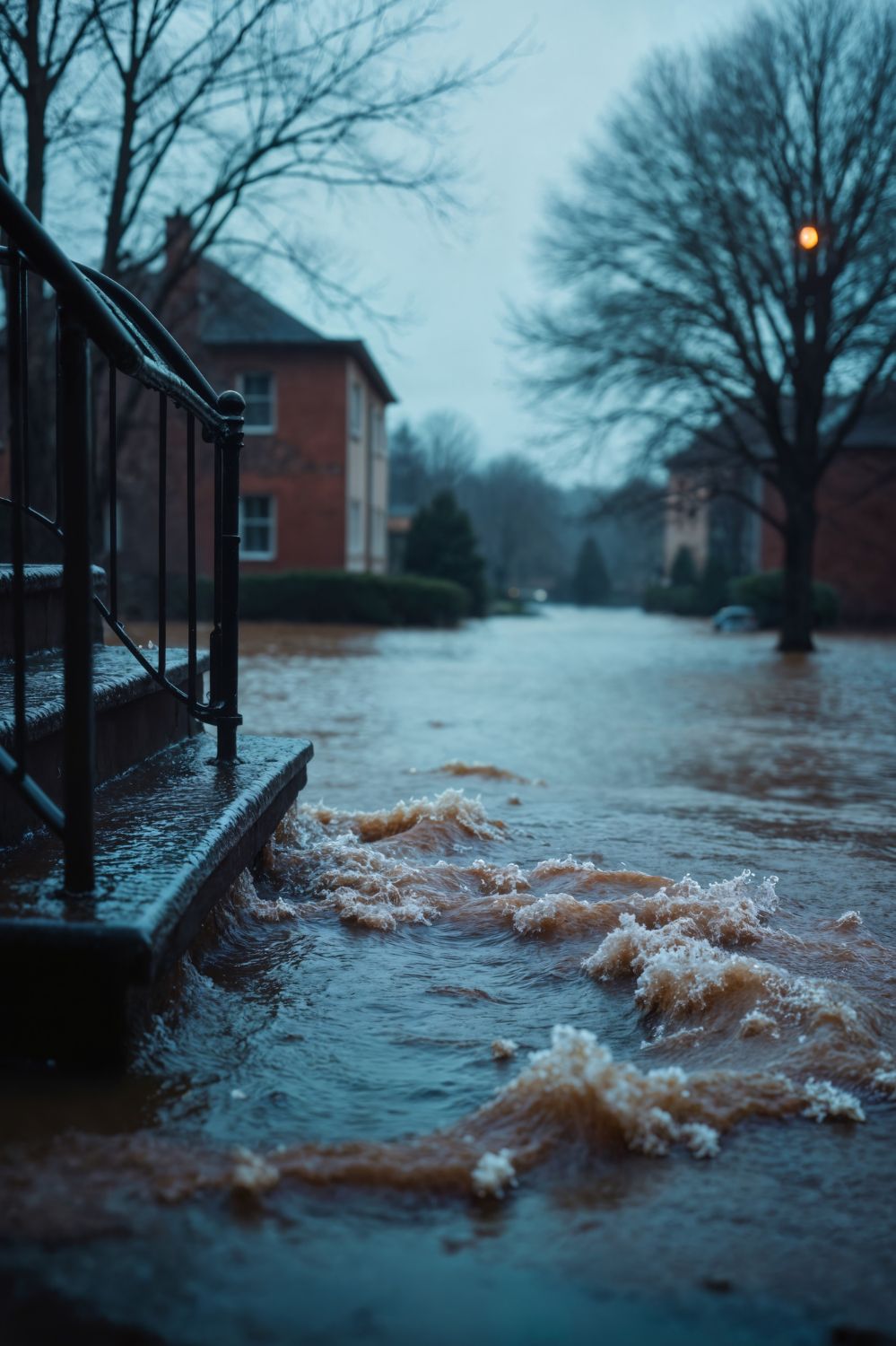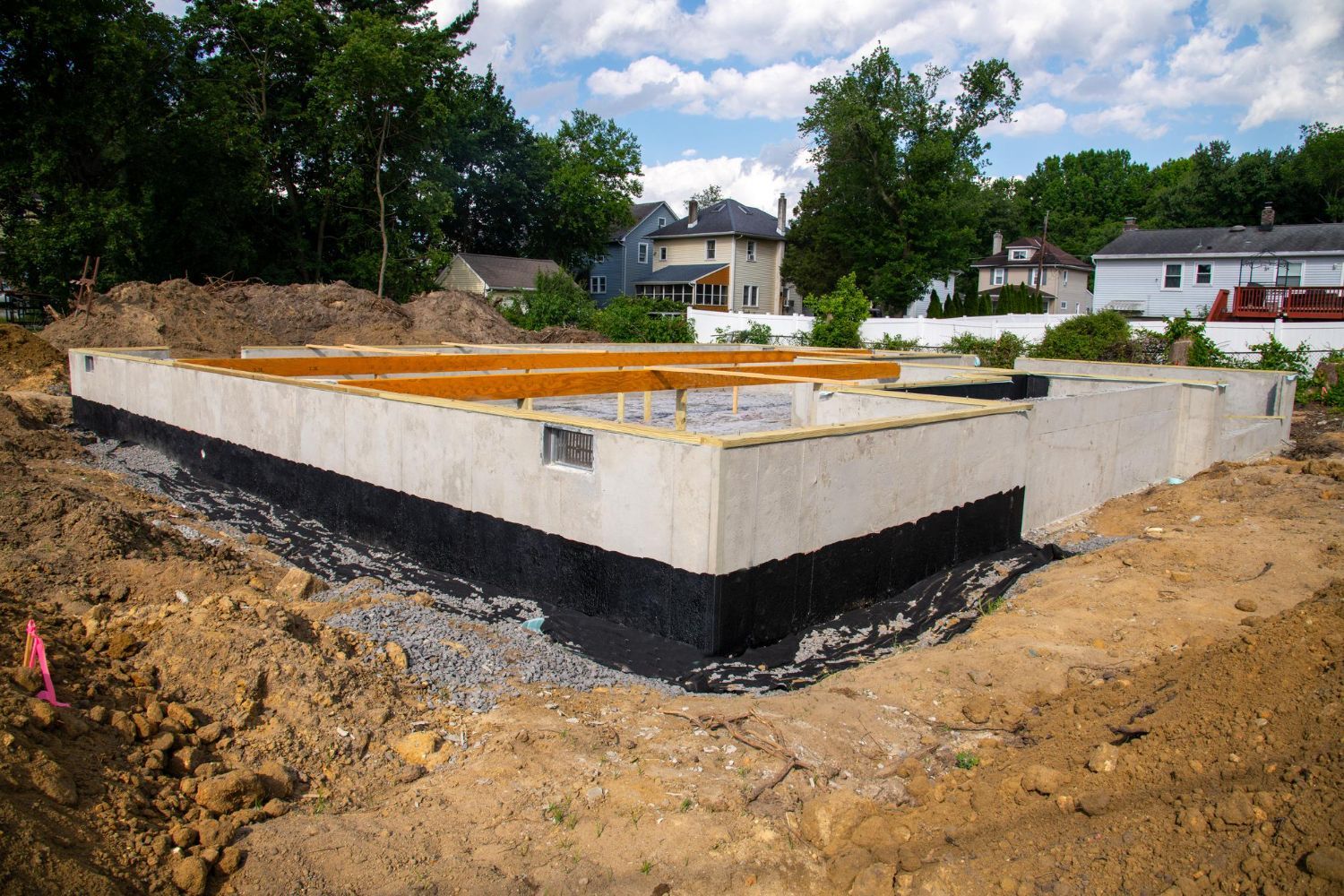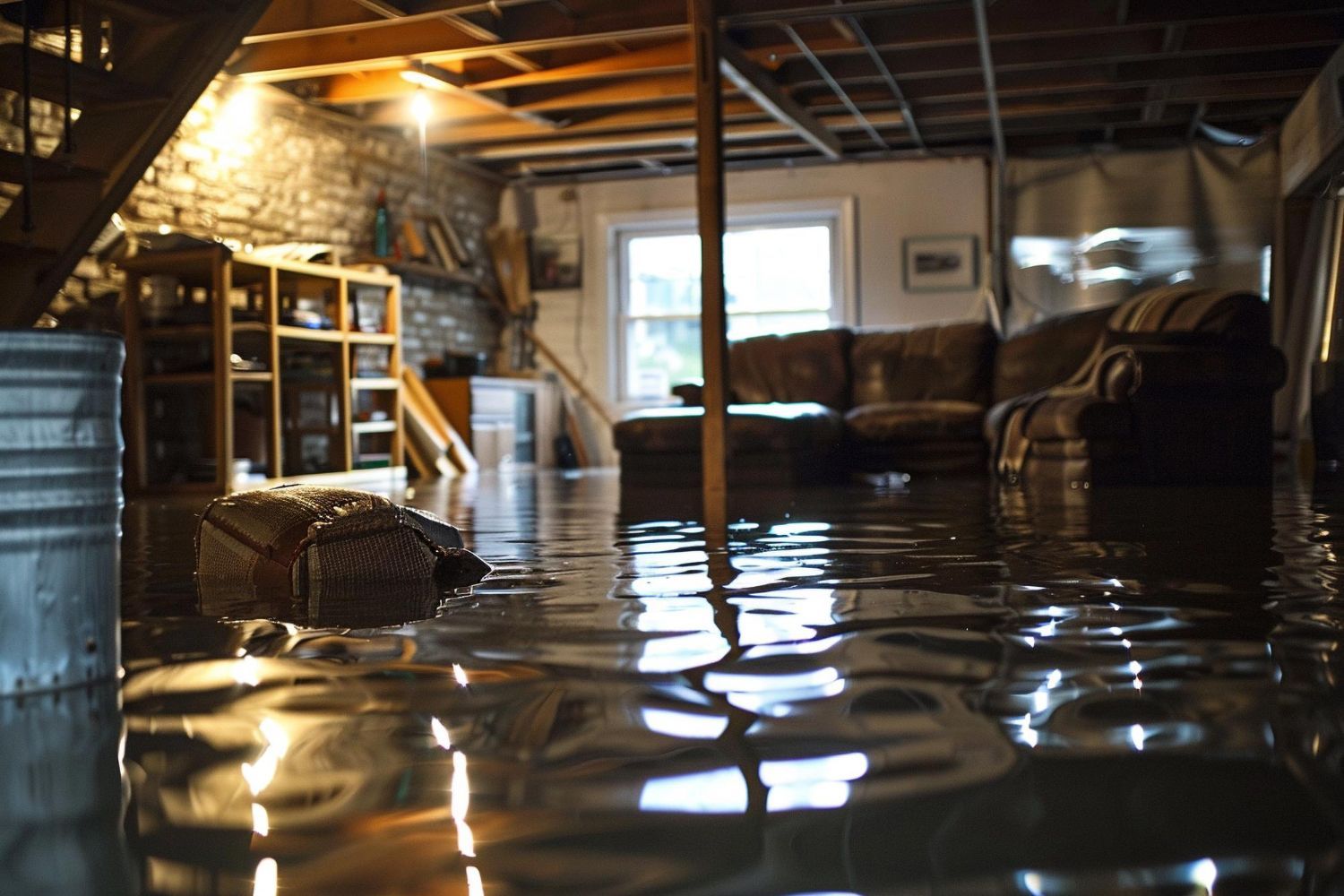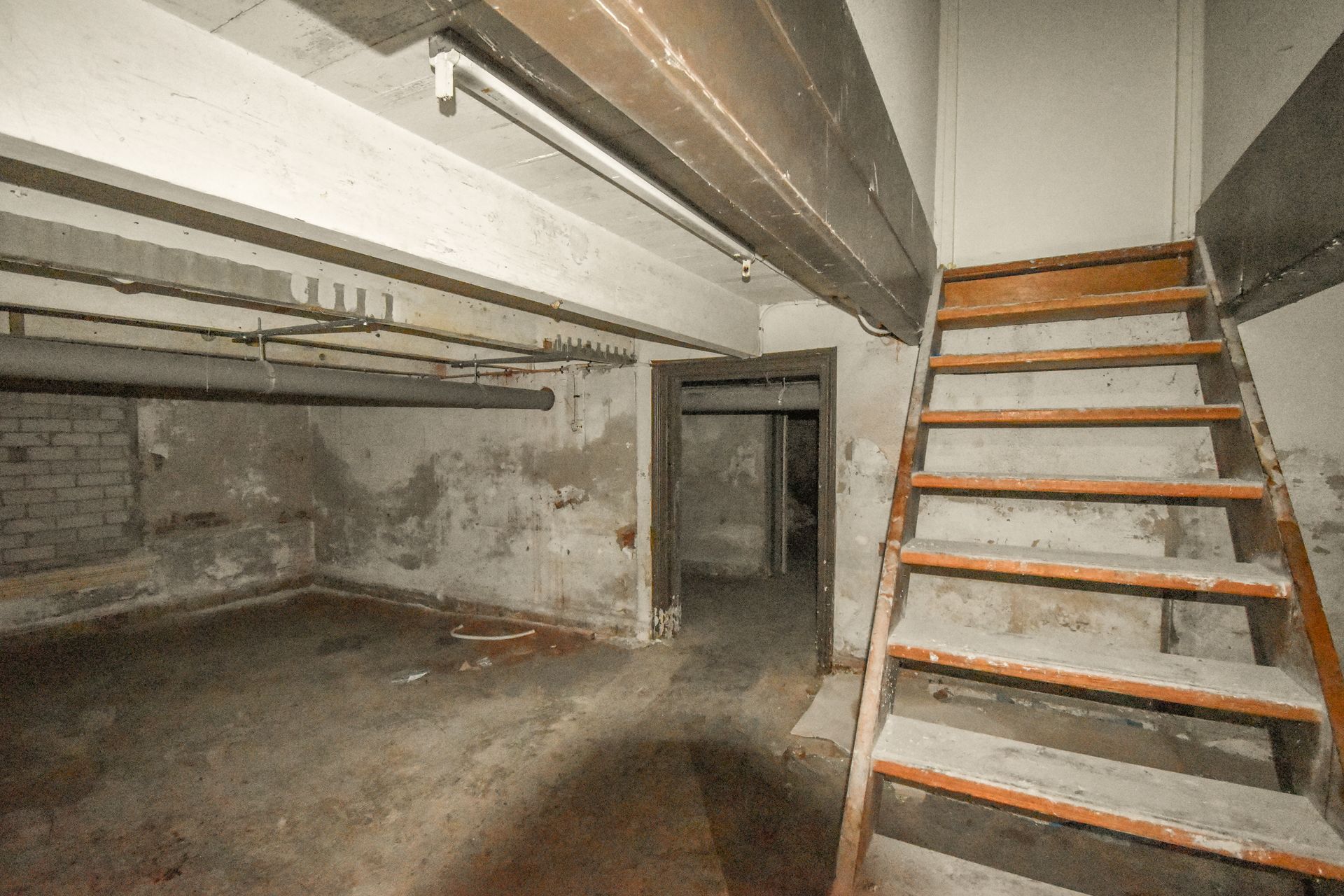Legal Implications of Water Damage in Rental Properties & Businesses
Legal Implications of Water Damage in Rental Properties & Businesses -Houston, TX

Water damage in rental properties and commercial businesses can lead to legal disputes, financial liability, and health hazards if not addressed promptly. Whether you’re a landlord, business owner, or tenant, understanding your legal responsibilities is essential to avoid lawsuits and costly fines. Restoration 1 of Central Houston, servicing Houston, TX, helps property owners handle water damage efficiently while staying compliant with the law.
1. Who Is Responsible for Water Damage?
The responsibility for water damage in rental properties and businesses depends on the cause of the damage and the lease agreement.
Landlord’s Responsibility
✅ Landlords are typically responsible for:
- Plumbing failures (burst pipes, leaks)
- Roof leaks and exterior water intrusion
- HVAC system malfunctions
- Mold and water-related structural damage
🔴
Legal Consequences for Landlords:
If a landlord fails to address water damage
promptly, they can face:
- Breach of habitability laws (risk of lawsuits)
- Health code violations
- Fines and penalties from housing authorities
Tenant’s Responsibility
✅ Tenants are responsible for:
- Damage caused by negligence (overflowing sinks, bathtubs, or improper appliance use)
- Not reporting leaks or water issues in a timely manner
- Personal property losses (covered by renter’s insurance)
🔴
Tenant Rights:
If a landlord fails to fix water damage in
a reasonable time, tenants
may have legal grounds to withhold rent, file a lawsuit, or terminate the lease agreement.
Business Owner’s Responsibility
For commercial properties, water damage responsibilities depend on lease terms:
- Triple Net Leases (NNN) – The tenant is responsible for interior repairs, while landlords handle roof and structural maintenance.
- Standard Commercial Leases – Landlords typically cover major plumbing and structural issues, but tenants must maintain internal systems and fixtures.
🔴
Legal Consequences for Business Owners:
If water damage leads to
unsafe working conditions, business owners may face:
- OSHA violations and fines
- Lawsuits from employees or customers (slip and fall injuries, health complaints)
- Loss of business income if forced to shut down temporarily
2. Health and Safety Regulations
Both landlords and business owners must comply with local health and safety laws regarding water damage and mold.
🔹
Texas Property Code: Landlords must
provide habitable living conditions and address water damage
immediately.
🔹
OSHA Workplace Safety Rules: Business owners must maintain
safe work environments, free from mold contamination and water hazards.
🔹
EPA Mold Guidelines: Failure to remediate mold can result in
legal action from tenants or employees.
Ignoring water damage can lead to hefty fines, legal battles, and even business shutdowns.
3. How to Prevent Legal Issues from Water Damage
✔
Act Fast – Address water damage
within 24 to 48 hours to prevent mold growth and structural deterioration.
✔
Document Everything – Keep
detailed records of water damage reports, maintenance work, and tenant complaints.
✔
Work with Professionals –
Restoration 1 of Central Houston provides
24/7 emergency water damage restoration, mold removal, and structural drying to keep your property safe and compliant.
✔
Ensure Proper Insurance Coverage – Landlords and business owners should carry
comprehensive water damage insurance to cover unexpected losses.
Don’t Let Water Damage Become a Legal Nightmare
If your rental property or business has experienced water damage, you need a trusted restoration company that understands the legal implications and can respond quickly. At Restoration 1 of Central Houston, we provide fast, reliable water damage restoration services in Houston, TX, ensuring your property remains safe, habitable, and legally compliant.











